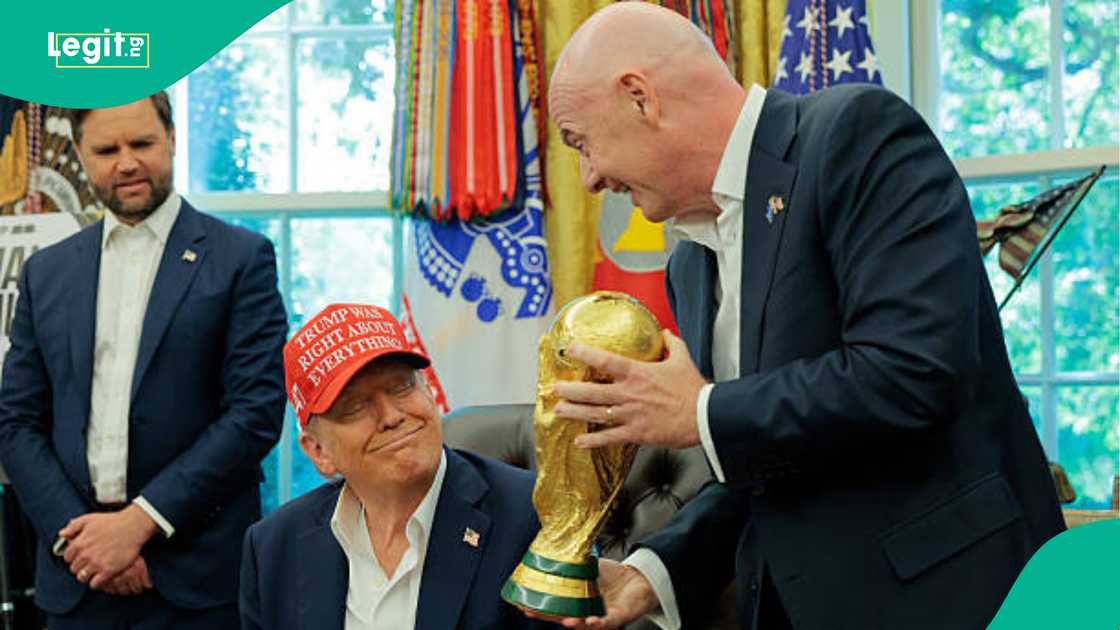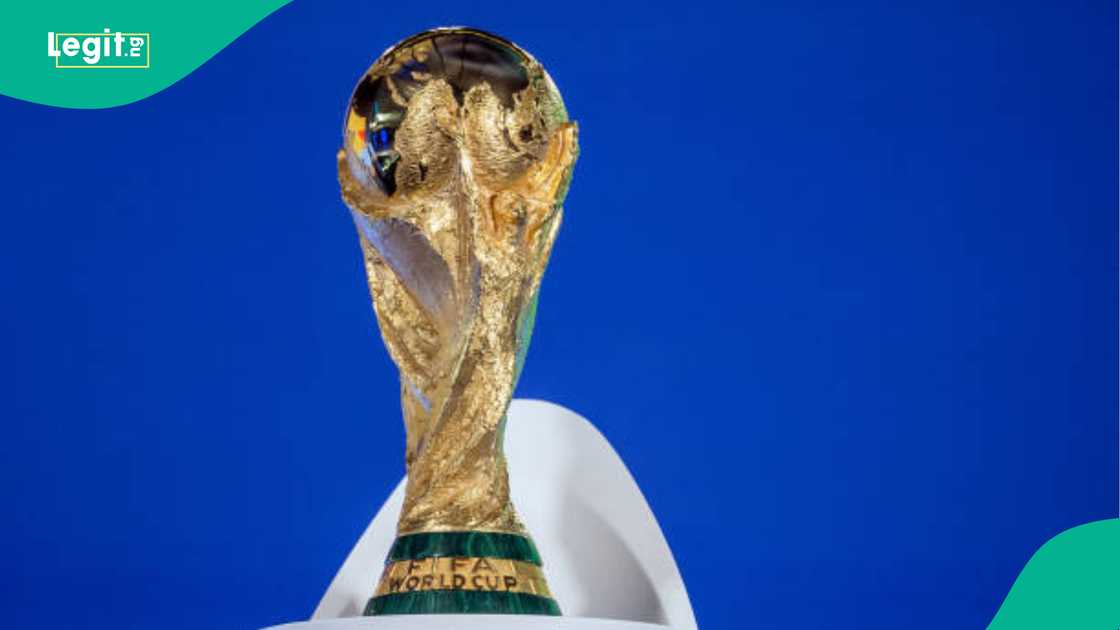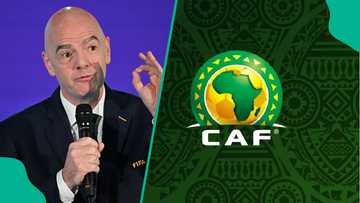FIFA Once Banned Three Countries From the World Cup for Political Reasons
- FIFA has banned three nations from the World Cup in the past due to political conflicts, government policies, or international sanctions
- Russia remains the most recent suspended nation, following its 2022 invasion of Ukraine, with the ban still in place
- South Africa and Yugoslavia were both banned in the 90s (SA banned in 1961, Yugoslavia banned in 1992) during periods of major political unrest, setting historic precedents for FIFA’s governance
All through history, football has often been seen as a sport that unifies nations, but it has not always been immune to political tensions.
Over the years, FIFA has taken the extraordinary step of banning countries from the World Cup when political actions violated international norms.

Source: Getty Images
With the 2026 World Cup fast approaching, expanded to 48 teams and featuring debutants like Cape Verde, Jordan, and Uzbekistan, the conversation has resurfaced amid geopolitical conflicts around the world.
Recent debates, especially around whether Israel should have been barred due to the ongoing Gaza conflict, highlight how political tensions continue to intersect with the world’s biggest football tournament, YEN.com.gh reports.
Ultimately, Israel failed to qualify on sporting grounds, avoiding a potential controversy.

Source: Getty Images
Still, FIFA’s past decisions show that bans have been enforced when political disputes reached a breaking point.
3 countries banned by FIFA in the past
1. Russia: The most recent and ongoing FIFA suspension
Russia remains the most notable example in modern football following its February 2022 invasion of Ukraine. Both FIFA and UEFA imposed immediate suspensions on the nation’s football teams and clubs.
More than three years later, the ban is still in place.
According to the BBC, Russia has been barred from all FIFA World Cup qualifiers and UEFA-sanctioned competitions, including the Champions League and Europa League.
Their national team has been restricted to playing low-profile international friendlies against non-European teams such as Zambia and Grenada.
With civilian casualties in Ukraine surpassing 13,800 by mid-2025, governing bodies have maintained strict sanctions, making Russia one of the longest-running political suspensions in FIFA’s history.
2. South Africa’s apartheid-era ban
South Africa’s exclusion from global football dates back to 1961, when FIFA suspended the country because of its apartheid system.
Although the ban was controversially lifted in 1963, pressure from African nations forced the suspension to be reinstated.
In 1976, FIFA officially expelled South Africa, and it wasn’t until apartheid ended in 1992 that the country was re-admitted.
Their return after qualifying for the 2026 World Cup marked a new era of football progress, culminating in an AFCON title in 1996 and hosting the World Cup in 2010.
3. Yugoslavia’s UN-mandated suspension
In the early 1990s, Yugoslavia faced its own political ban.
Despite qualifying for the 1994 World Cup, the nation was barred due to UN sanctions amid the Yugoslav Wars.
Security Council Resolution 757 prohibited Yugoslavia (now Serbia and Montenegro) from participating in international sporting events, making it one of the most significant political exclusions in tournament history.
Qualified countries for 2026 World Cup
In a related development, Legit.ng reported that with qualification rounds nearing their conclusion, 42 countries have already booked their place, while others battle through play-offs for the final spots.
The 2026 tournament will feature 16 slots for UEFA, nine for CAF, eight for AFC, six each for CONMEBOL and CONCACAF, and one guaranteed for OFC.
Proofreading by Omoleye Omoruyi, copy editor at Legit.ng.
Source: Legit.ng





